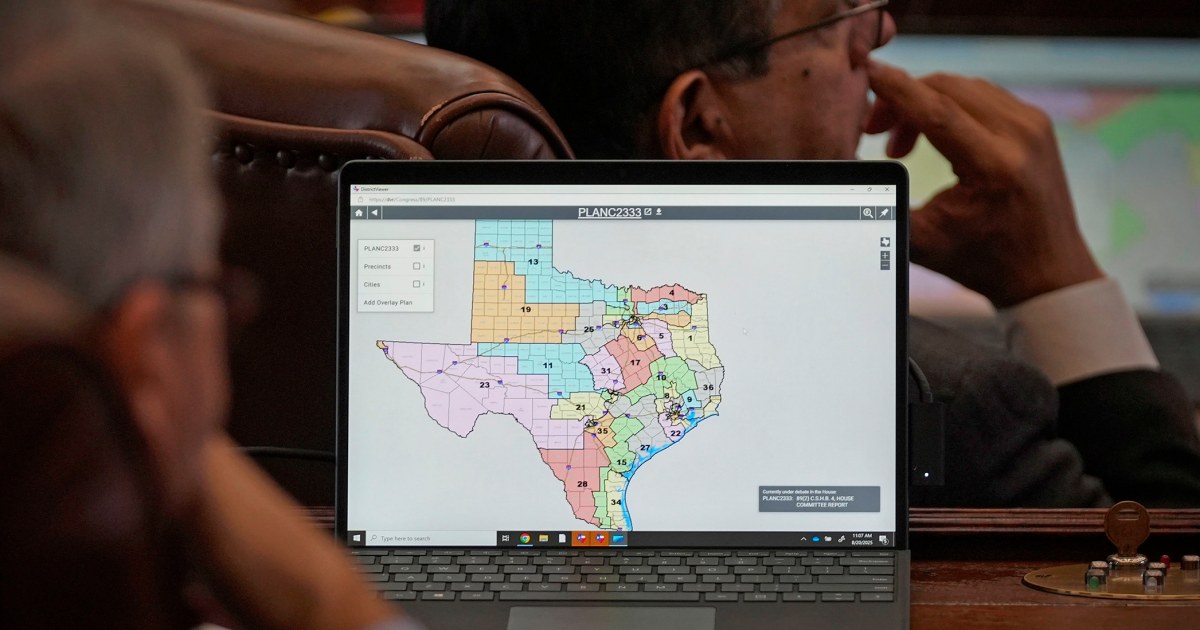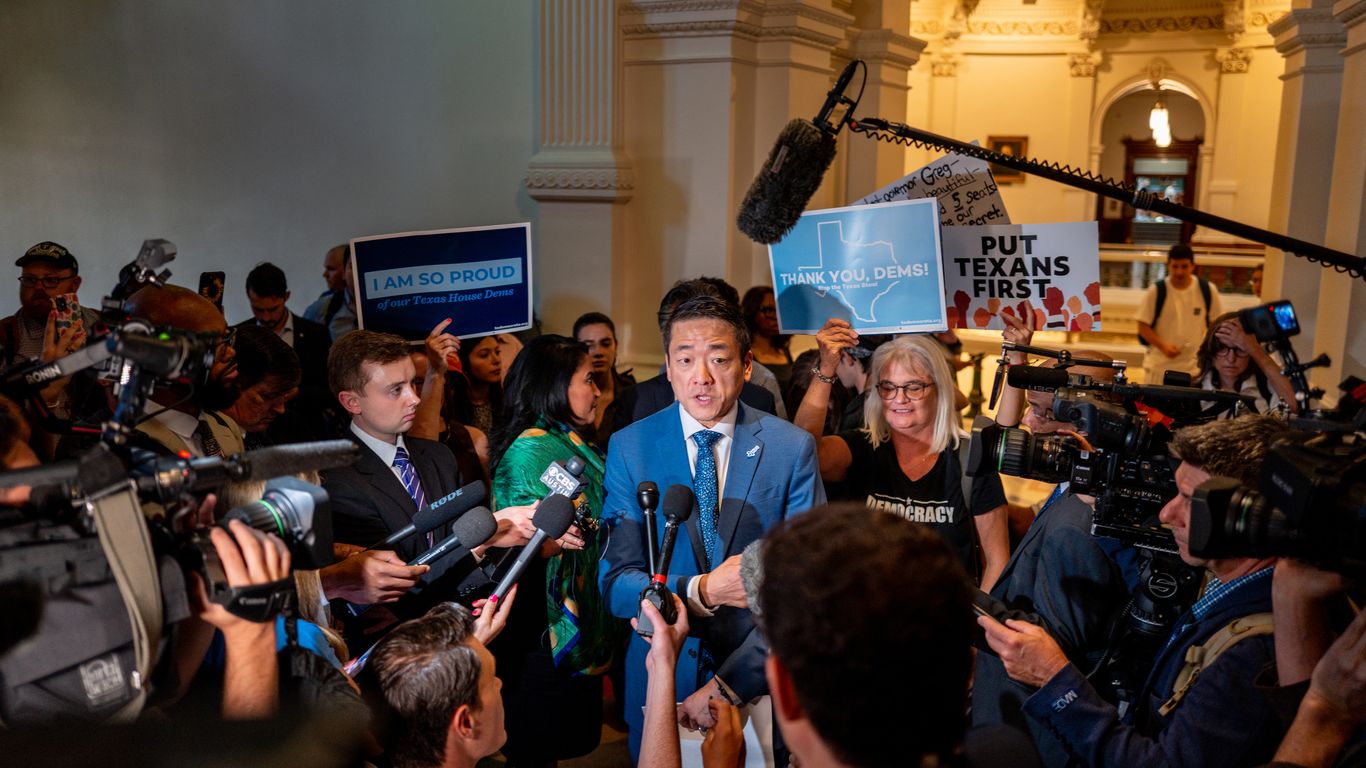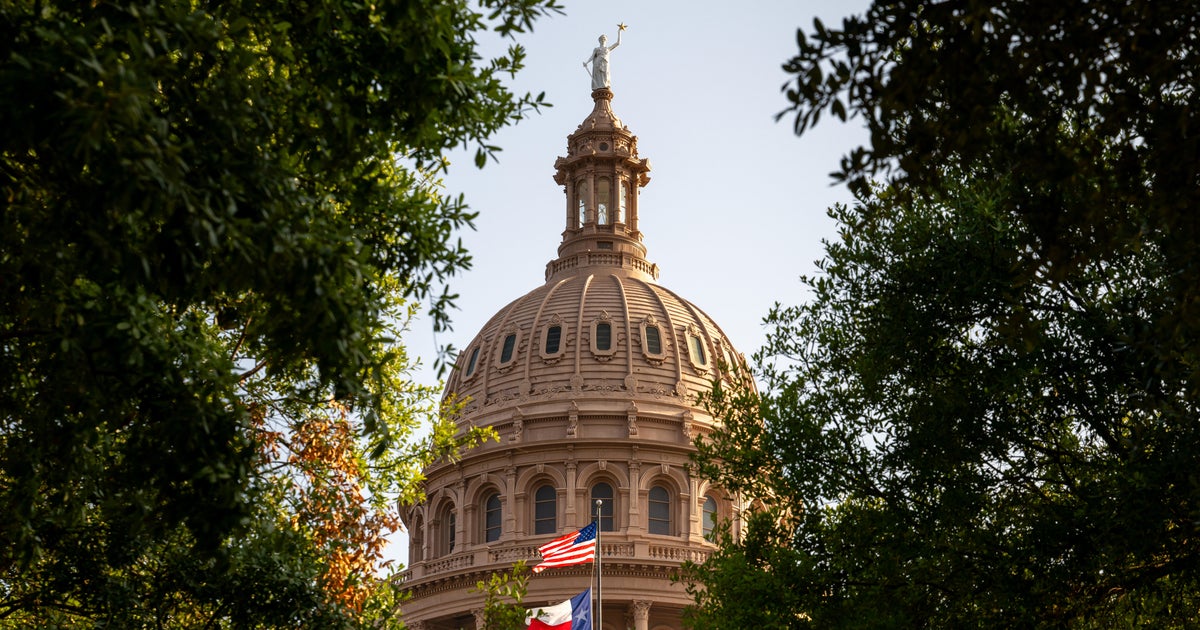Newsom Takes California’s Redistricting Momentum to Texas

Newsom Takes California’s Redistricting Momentum to Texas
California Governor Gavin Newsom is set to rally Texas Democrats this weekend, fresh off a significant redistricting victory in his home state. The move follows California voters’ approval of Proposition 50, which empowers Democrats to redraw congressional lines in their favor—a strategy Newsom has framed as safeguarding democracy against partisan gerrymandering. His upcoming appearance in Texas signals a broader national push, as Democrats seek to counter Republican redistricting efforts that have bolstered GOP majorities in states like Texas.
Strategic Campaign Funding and National Implications
Newsom has also redirected $3 million from his campaign coffers to the House Majority PAC, a national Democratic super PAC, to support similar redistricting initiatives across the country. This financial commitment underscores the high stakes of the 2024 election cycle and reflects a coordinated Democratic strategy to reclaim lost ground. While Newsom’s critics argue that California’s approach mirrors the partisan tactics Democrats have long condemned, the governor’s team insists their efforts are about restoring fairness in the electoral process. As both parties gear up for another round of redistricting battles, Newsom’s Texas visit highlights the growing nationalization of state-level political fights.
About the People Mentioned
Gavin Newsom
Gavin Christopher Newsom, born October 10, 1967, in San Francisco, California, is an American politician and businessman currently serving as the 40th governor of California since January 2019. Raised in an established San Francisco family and educated at Santa Clara University, where he studied political science, Newsom began his political career in 1996 with an appointment to the San Francisco Board of Supervisors, after serving briefly on the city’s Parking and Traffic Commission. Newsom was elected mayor of San Francisco in 2004, becoming the youngest mayor in over a century. His tenure was notable for progressive initiatives, including directing the city to issue marriage licenses to same-sex couples in 2004, a pioneering move in the national movement for marriage equality. He also launched the Healthy San Francisco program, expanding access to healthcare for uninsured residents. After serving as mayor until 2011, Newsom was elected lieutenant governor of California, holding that office from 2011 to 2019. As governor, Newsom has focused on progressive policy areas such as gun control, criminal justice reform, environmental protection, affordable housing, and universal healthcare access. His administration has prioritized tackling homelessness, improving public safety, and expanding educational opportunities. Notably, he imposed an early moratorium on executions in California and led the state's response to the COVID-19 pandemic, implementing some of the strictest health measures in the country. Newsom survived a recall election in 2021 and was re-elected in 2022, maintaining significant political influence in California. Newsom is also known for his entrepreneurial background, founding the PlumpJack Group, which grew into a substantial hospitality and wine business. He is married to Jennifer Siebel Newsom, and they have four children. Diagnosed with dyslexia in childhood, Newsom has spoken publicly about overcoming learning challenges while pursuing a career in public service[1][2][3][5][6][7].
About the Organizations Mentioned
House Majority PAC
House Majority PAC is a prominent **Super PAC-turned-Carey Committee** dedicated to supporting Democratic candidates for the U.S. House of Representatives and helping Democrats regain and maintain the House majority. Founded on April 6, 2011, by Alixandria “Ali” Lapp, a seasoned Democratic operative with experience at the Democratic Congressional Campaign Committee (DCCC), the organization has played a crucial role in Democratic electoral strategy and fundraising[1][2]. As a Carey Committee, House Majority PAC functions as a hybrid between a traditional PAC and a Super PAC, allowing it both to donate directly to candidates and to spend unlimited funds independently to influence elections. This dual capability has enabled it to be a major financial force in House races. In the 2020 election cycle, it raised over $160 million, making it one of the largest outside spenders supporting House Democrats. Key donors include billionaire Michael Bloomberg, who contributed more than $25 million, as well as other influential figures like Fred Eychaner and Jim Simons, alongside significant labor union contributions[2]. House Majority PAC’s mission centers on "helping win back the House Majority for Democrats," leveraging extensive fundraising and independent expenditure efforts to influence Congressional races at a national level. In recent cycles, its fundraising and spending have grown substantially, with nearly $260 million raised and over $195 million spent in independent expenditures during the 2023-2024 cycle alone. Nearly 91% of these expenditures targeted Republican opponents, while about 9% supported Democrats, reflecting a highly strategic approach to electoral influence[3][4]. The PAC is led by professionals deeply connected to Democratic leadership, with Ali Lapp as founder and executive director and experienced political staff in key roles. It operates from Washington, D.C., with a strong online presence through social media channels. Notably, it has not engaged in federal lobbying but focuses primarily on election-related spending[1][4][6]. House Majority PAC is a key player in the


















